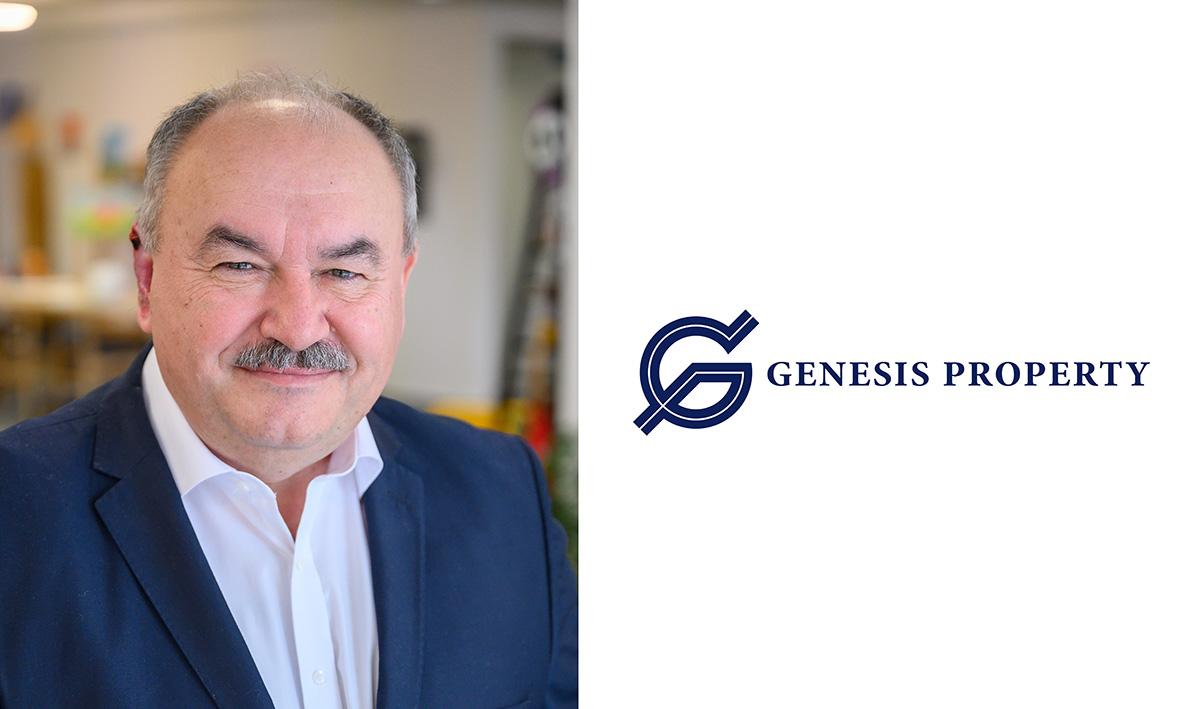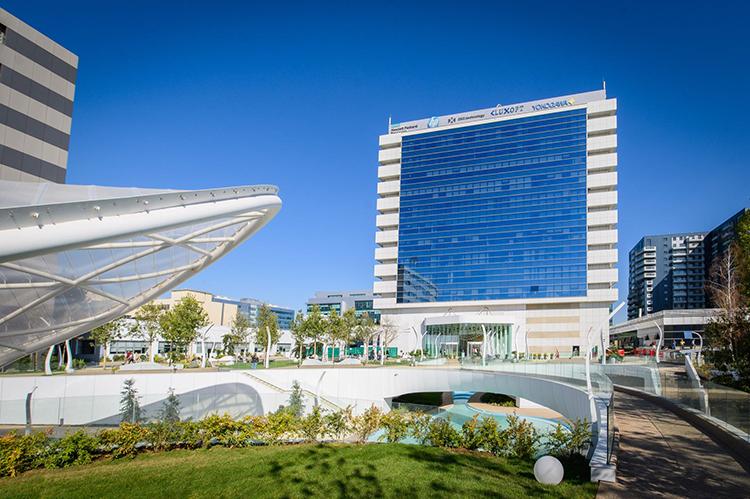Genesis Property Drives Sustainability in Romanian Real Estate: Interview with Ioan Bejan - P2
In a recent CIJ EUROPE Q&A, Ioan Bejan, Sustainability Director at Genesis Property in Bucharest, Romania, discussed the company’s focus on sustainability. Part two.
Examples include smart building systems that leverage AI and IoT to optimize energy usage, lighting, and HVAC performance in real-time. In addition to our use of solar panels, as previously mentioned, we are also investigating new renewable energy solutions, such as heat pumps, to further reduce our carbon footprint. We are also exploring sustainable construction materials, including low-carbon concrete and recycled materials, to minimize environmental impact. Innovations in water management, such as rainwater harvesting and greywater recycling, are being considered to promote greater resource efficiency.
Currently, we are analysing software solutions to help us capture, calculate, track, and reduce our carbon footprint more effectively. Our ongoing focus is on reducing air pollution, increasing green spaces, and promoting biodiversity, which remains a top priority for us. Beyond office spaces, YUNITY Park features a 1,000-square-meter urban forest, which brings multiple benefits, such as the reduction of air pollution as well as noise pollution and the regulation of temperature in the area. It also serves as a barrier against noise and provides protection from winds.
CIJ: How do you see sustainability evolving in the real estate industry over the next 5–10 years?
Given the new economic realities shaped by recent geopolitical developments, we believe that companies cannot evolve and prosper in an environment plagued by endless crises and unmanageable, often unpredictable, risks. Despite years of corporate commitments, global carbon emissions continue to rise, which suggests that the ESG agenda has not yet delivered the expected results, and it will be difficult to achieve the goals of the Paris Agreement by 2030. For these reasons, the current ESG agenda, in its present form, has little chance of delivering the necessary results without a radical shift. A change in mindset is urgently needed, and we may need to strengthen long-term regulations or rethink certain measures to address the challenges we face more effectively.
In the decade ahead, companies must not only compete for short-term gains and market share but also focus on building long-term resilience. To conclude, new technologies will evolve significantly, and we will see the emergence of more regulations and stricter standards, particularly regarding energy efficiency in buildings and construction approvals. Additionally, tenant expectations for eco-friendly, healthier environments will push developers to prioritize sustainable, resilient buildings that are equipped to meet future environmental challenges.
CIJ: How do you stay compliant with national and international sustainability regulations and standards in your real estate projects?
Since we are not a publicly listed company, we have not been required to comply with any sustainability reporting regulations up until now. However, since 2021, we have voluntarily and transparently reported our sustainability performance in accordance with the UN Global Compact's reporting framework. As previously mentioned, all our buildings are currently undergoing recertification to meet the stringent requirements of the BREEAM Outstanding standard.
Additionally, starting this year, Genesis Property measures and reports its ESG performance to the Global Real Estate Sustainability Benchmark (GRESB), a rigorous global assessment of real estate investments that aligns with the latest international sustainability reporting standards. While the new Corporate Sustainability Reporting Directive (CSRD) will make it mandatory for us to disclose our sustainability performance starting in 2026 (for activities conducted in 2025), we are confident that we are well on track and fully prepared to meet this objective successfully.
CIJ: How do you measure and report on the environmental impact of your developments?
One year ago, we issued our first Scope 1 and Scope 2 Greenhouse Gas Emissions Report, which was prepared in accordance with the GHG Protocol methodology. Based on this report, we registered our near-term and long-term emissions reduction commitments with the Science Based Targets initiative (SBTi). Moreover, Genesis Property has already received SBTi validation for its Near-Term Target. The next major goal for Genesis Property is to obtain, by 2026 at the latest, validation from SBTi for its long-term CO2 emissions reduction target.
Additionally, as already mentioned above, starting this year Genesis Property measures and reports its ESG performance to GRESB. All these activities are conducted entirely in-house by our team, which has acquired the necessary knowledge and skills through an intensive training program.
CIJ: What are the most significant challenges you’ve encountered in implementing sustainable practices in real estate development?
The main challenge we face is finding the right balance between ensuring short-term operational profitability and securing long-term funding to support necessary investments in new technologies, as well as adapting existing assets to meet evolving standards. Additionally, identifying and developing the new skills required in key areas such as GHG emissions management, renewable energy, and circular economy practices—while also addressing shifts in employer habits and mindsets—have posed significant challenges that we continue to navigate.
© CIJ EUROPE










